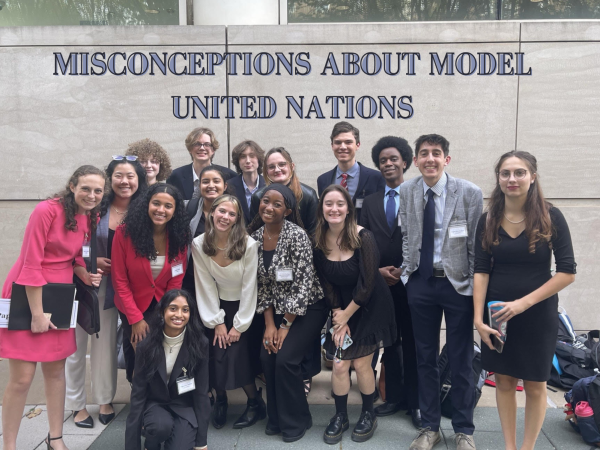Remote learning and toxic relationships

September 2, 2020
With remote learning replacing traditional face-to-face schooling, students must focus on school with a clear mindset. Students’ minds fog up with toxic and unhealthy thoughts caused by others, resulting in low self esteem and poor mental health. As common as the word toxic may seem, the word holds a new intensity to those who live in unhealthy households. Without the escape to school, living in a home with virulent parents can lead to harmful effects on students in remote school. Students dread classwork, but to others, school serves as one of their only places to catch a break from overwhelming households.
“Toxic relationships make anything hard; of course it would make schooling hard as well,” junior Jared Martinez said.
With all the events in today’s world, the amount of baneful parenting has sky-rocketed during this year alone. The American society has spiralled downward with terrible parenting, sometimes leaving a child with unhealthy behaviors that could eventually rub off onto others. Two infections run rampant in the US right now, and COVID-19 and harmful parenting will leave nothing in their wake.
Much like other aspects in life, school takes dedication and focus. While a child’s mind develops, they find it hard to focus on school when their thoughts are plagued with their parents’ and peers’ toxic behaviors. The frontal lobe plays a key part in the development in adolescents, and continues developing into young adulthood. This helps to explain why teenagers sometimes show poor judgment in overwhelming situations. Additionally, changes in the levels of dopamine and serotonin in the limbic system make adolescents more emotional and more responsive to stress.
When surrounded by toxic people, people tend to to put that energy into their work and everyday life. Negativity surrounds people in life, making it hard to ignore. When people surround themselves with negativity, the negativity tends to manifest itself within the surrounded person and drain them. The more emotionally drained someone gets, the more the effort they put into their work will decrease, resulting in them not doing as well in school as they normally would.
Now, how exactly can someone prevent this from causing them to fall behind in school? You can not always change a situation, but you can always change the way you react to it. Studies show outside love and support can relieve stress of students. That could mean asking someone to work issues out with, listen to you, or simply even just distract you from harmful situations. Coping with toxic parents can leave one feeling alone, so an outside support system with friends can help students avoid troubling thoughts and emotions.
Using a journal or a creative outlet to put one’s emotions into also helps as a way to escape reality. Journaling and drawing can help to get in touch with your emotions and to process what happens in your life. Writing or sketching your thoughts can help you to reflect on the emotions that you experience at home.
Lastly, sometimes the best way to deal with a toxic situation tends to consist of distancing yourself from the people causing the issue as a whole. This consists of precautions such as talking less and not engaging in activities with the aggressors. It’s crucial that you work to better yourself, rather than succumbing to other people’s venomous words and actions.















